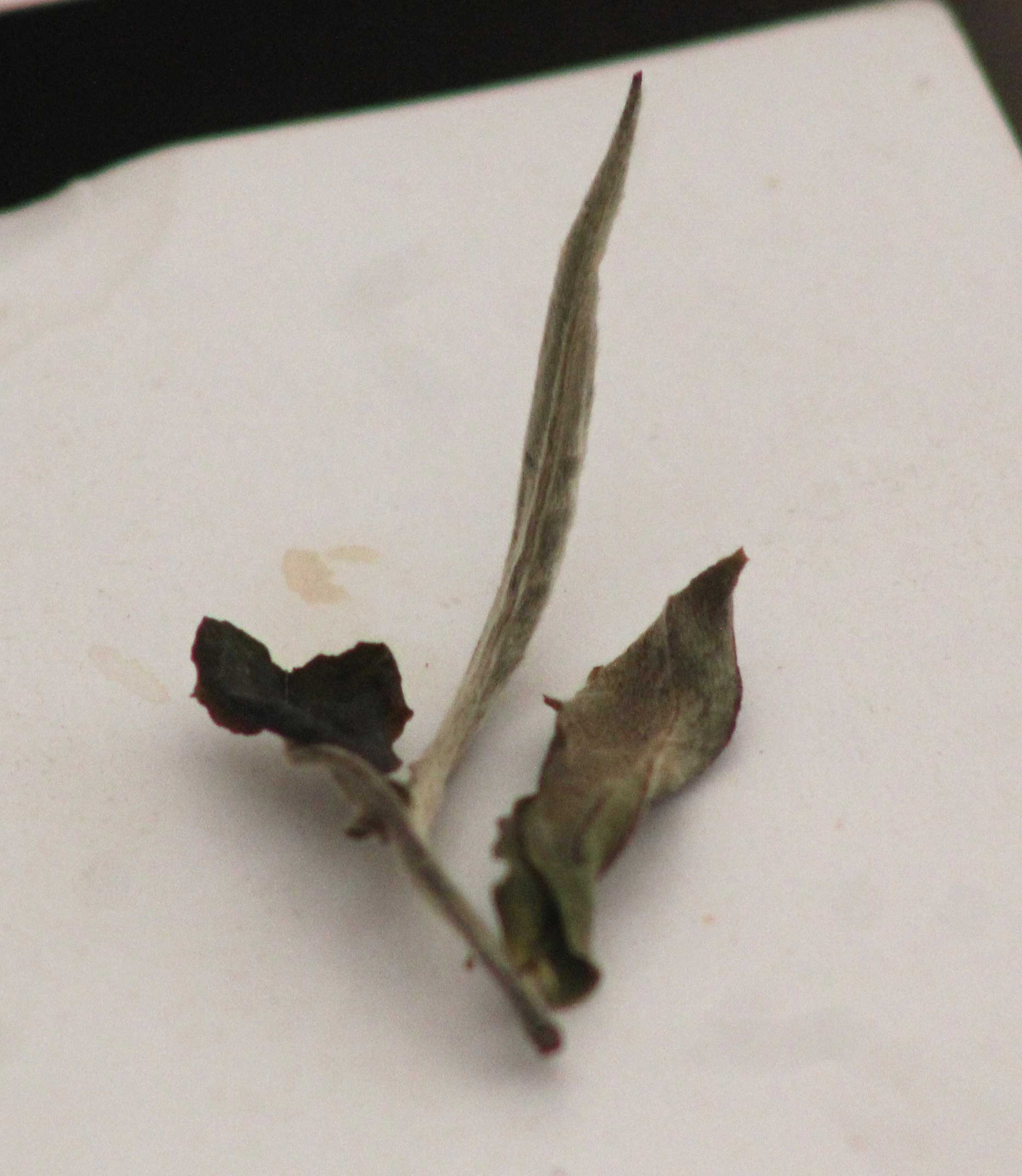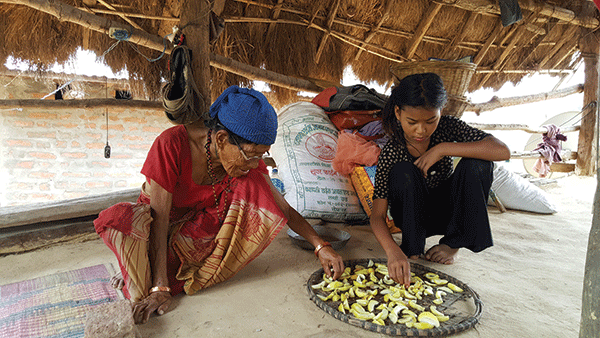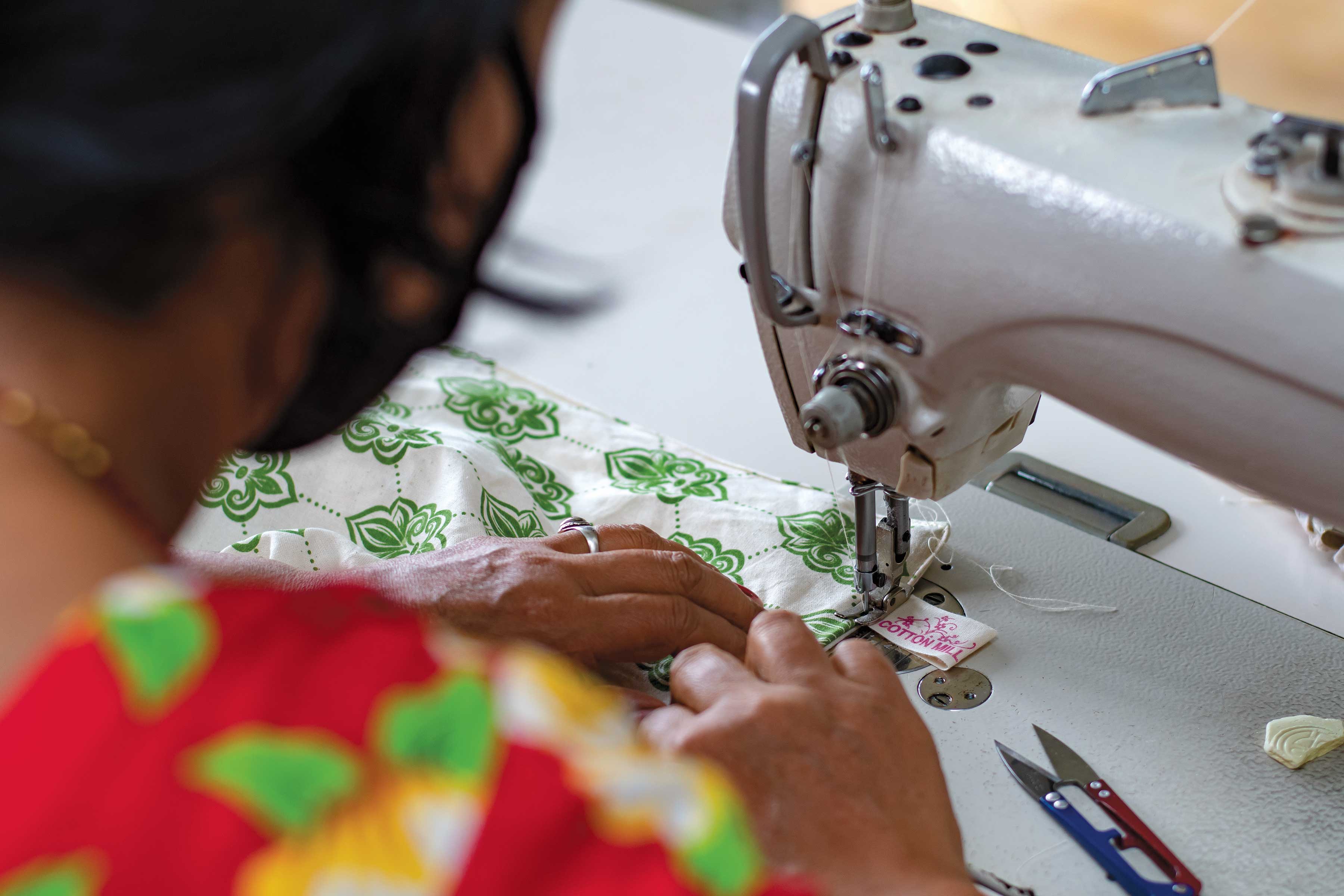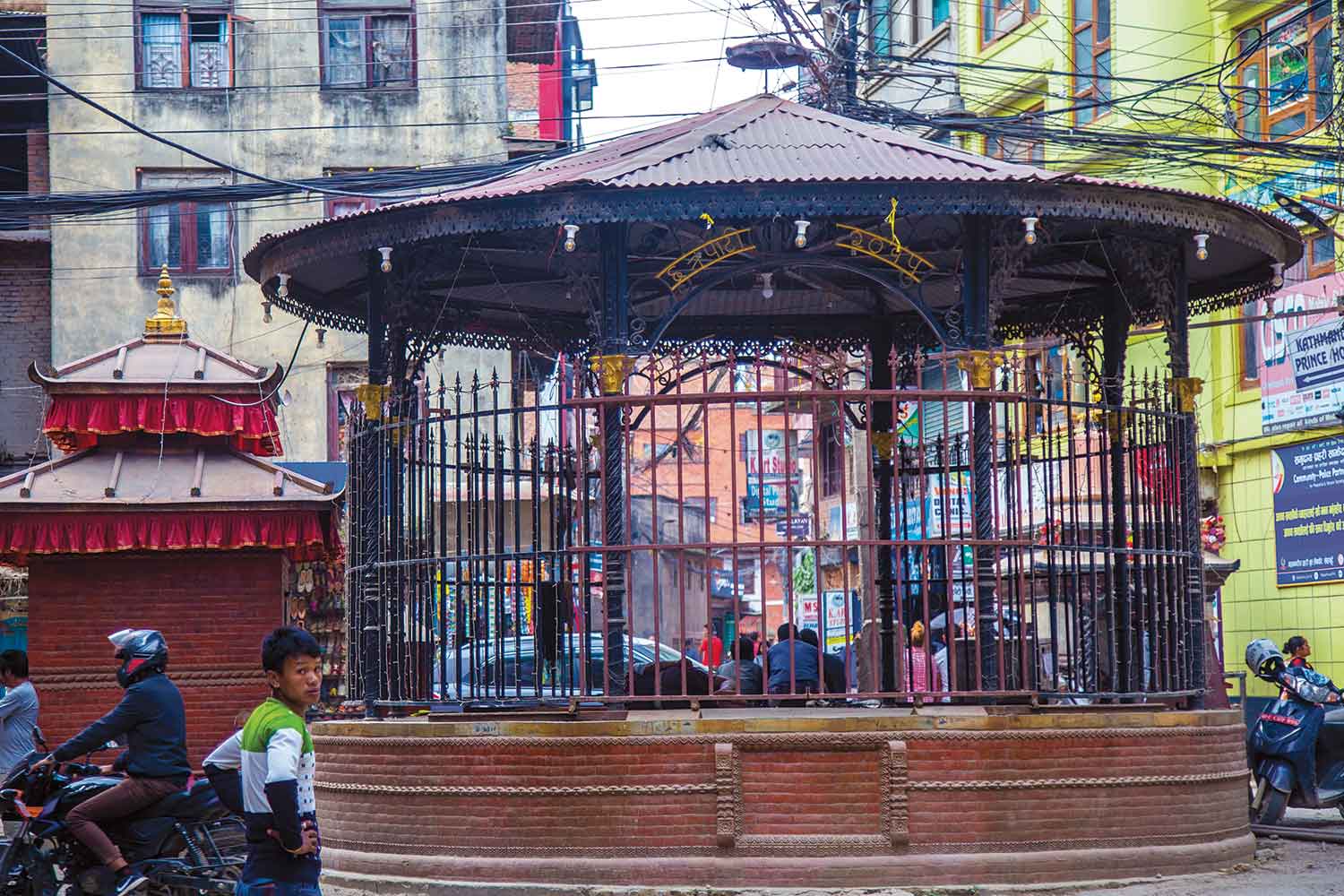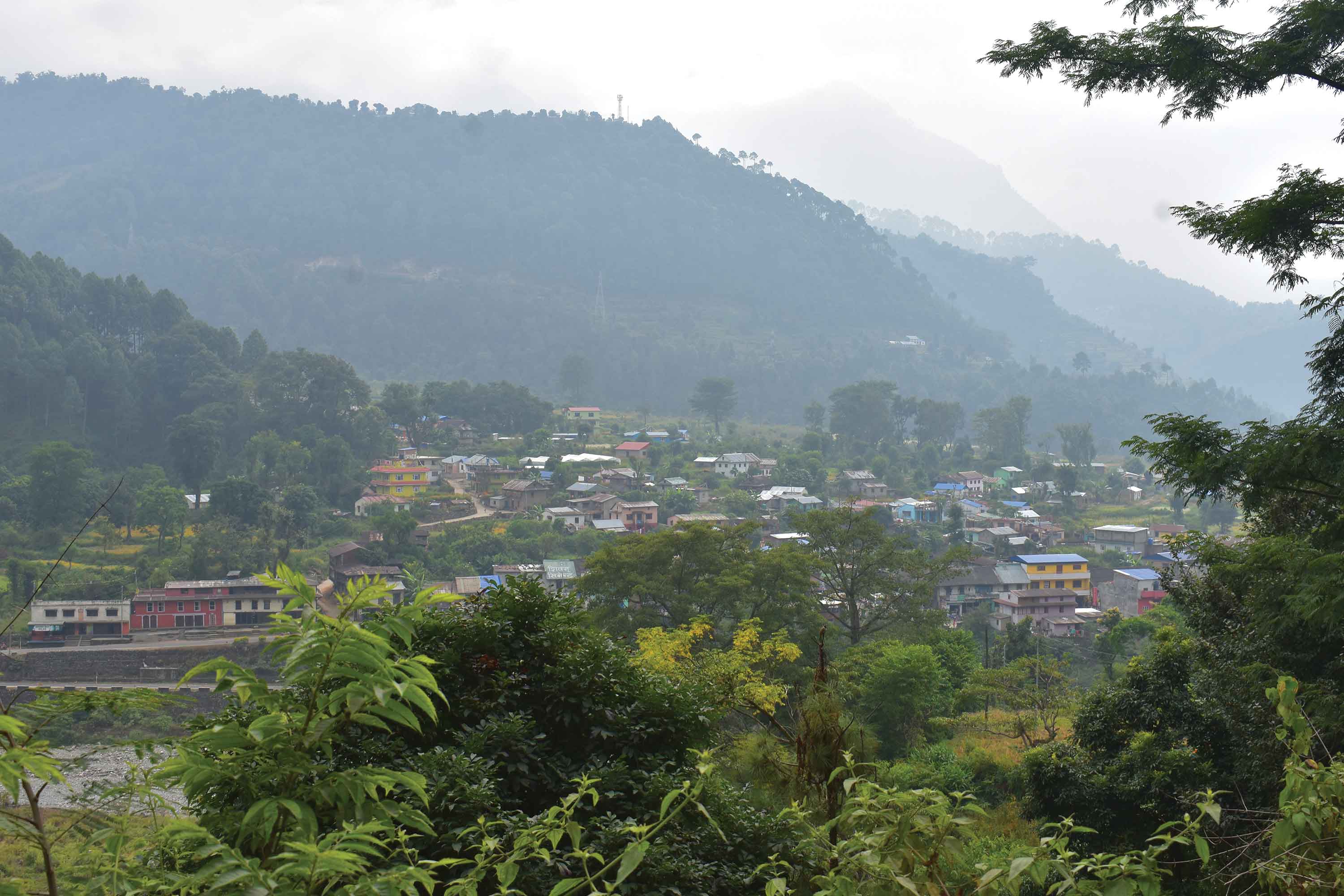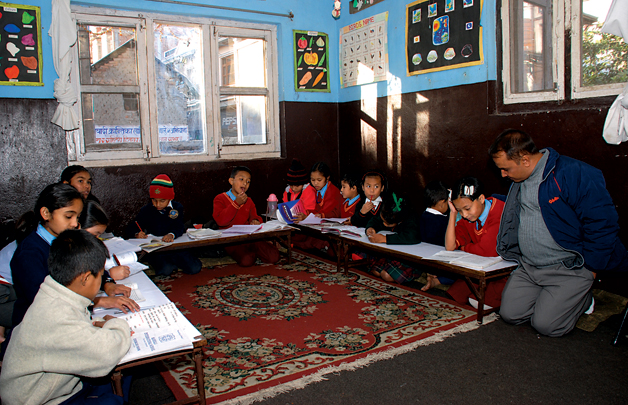
Where do the street children come from? What are they doing there? Who is
to be blamed for their condition? Who is responsible for their future?
Every time I pass through the stretch between the Garden of Dreams and Thamel, these questions invariably cross my mind. Even as I am moving forward, I turn my head to look at them until I have reached far enough from where seeing is impossible without turning around. The question that hits me while I am past the appalling sight: Is there anything I can do?
I have the answer. Nothing. Or, at best, nothing much.
While the state and the better-heeled among us have chosen to live ignoring or denying the existence of these ‘urchins on the street’, Suresh Aryal, Chairperson of RODEC, is doing something most of us like to believe we could do if we had enough time, money and people supporting us. The man behind the Rights Oriented Development Center (RODEC), Aryal doesn’t have enough money or people backing him. He has enough time, though, for he quit his job to devote himself fully to social service.
Aryal established RODEC in 2003 as a day-care center for the children of daily wage earners who can neither feed their children properly, nor give them an environment to study. “Most of the children we have here are raised by mothers. The fathers are either in India, or are unemployed, or are drunkards who beat their wives,” says Aryal.
Since the fate of these children depends on the daily earnings of their parents, Aryal says, a bad day means they go to bed eating rice with boiled water in the night. On leaner days, the fortunate ones buy five rupees worth of dal (pulse) to go with rice.
During their field visits, Suresh and his team discovered that the children and their parents lived in dilapidated, cramped houses not fit for living. “Some live at open spaces near parking lot and temples. The lucky ones have got something that vaguely resembles a hut,” says Suresh.
These conditions have a very grave impact on the physical and mental health of the children. By admitting them to schools and letting them spend rest of the day at day care center, Suresh and his staff have minimized the time the children live in those appalling conditions.
“Keeping them at our day care center does not mean that we lock them up in a room and leave the children to fend for themselves,” says Aryal. Immediately after they come from school the children are provided with meals that are prepared and served keeping their dietary needs in mind. After eating they go to the classroom where they are given free tuition on the subjects they find difficult. “We also help them with their homework, though we don’t impose strict classroom rules,” says Suresh. “Children roam around freely as they would do in their homes. It’s like a play school where children play and study at their pleasure.”
RODEC also takes the children out for games, educational tours and occasionally for picnics. Many kids have inborn talent. “We have found that some of them are good at story writing, composing poetry, writing songs and painting,” says Aryal. To pep-up their talents, the organization provides them an atmosphere where they can indulge in their interests.
Though Aryal started taking in children to do something for their immediate relief, his organization’s long term goal is to protect and enforce the rights of people, mainly those of children and women who are the most vulnerable.
Aryal has helped many children who would have ended up in the streets to live normal lives like any others their age. “We have 70 children under our care. We have got them enrolled in schools. Among them, 26 are in government schools, 42 go to different English medium private schools and two study at our center,” says Aryal. “We are in talks with other schools to take them in, but most of them say they already have other underprivileged students admitted free of cost.”
While I am grateful to what the schools have already done for us, he says, I wish we could do more. Two of the kids regular to our day care center have taken to the streets again. “Ours is a day care center and we return the kids to their parents in the evening. The two children used to get beaten up by their drunken fathers every night,” says Aryal. “They fled home to escape the torment,” he adds.
Since he did not have enough money to pay for the rent, Aryal turned his home into a day care center. The ground floor houses the office and the first floor has rooms where the children study and eat. As we enter the study room, all of them greet us with a “good afternoon sir”, shouting at the top of their lungs.
“Initially, we had many staff and volunteers helping us run the organization. But now we are just three, if you discount my daughters who help the children with studies when they are free,” says Aryal.
“Lack of funds has always been a problem, but the crunch we are facing right now is dire. Even as we wish to take in more children we are forced to let go of some we already have,” says Suresh.
Aryal says whenever he goes around knocking on doors for support, people either cringe or show disgust out of frustration. “People say that NGOs are here for self-service. Social service is the last thing in their agenda,” says Aryal. With so many NGOs around and most of them actually jumping in the fray to make money, Aryal can say little in his defense.
“So what is the road ahead?” I ask, anticipating a break down. After so many problems he had been narrating, I couldn’t expect otherwise. But what he said swept me completely off my feet.
“Do you think I am going to abandon these children, some of whom are among the top ten in their class? One of them even topped his school recently,” he says, swelling with pride. “I can’t let them go back to the streets. The road ahead is, of course, tough, but I think of the kids begging around temples, working in restaurants, and lying on the streets near Thamel sucking on dendrite packets to kill hunger or sniffing drugs to relive stress and fear, I ask myself: Can anything get worse?”
“I’ll count on my relatives, friends and those who know me for support.” Recently, ‘Sukarma’, a band famous for Nepalese folk and classical music, performed to raise fund for RODEC. “The band members have assured us of similar concerts in future,” says Aryal. With friends and well wishers like the band ‘Sukarma’ to count on, I assume, it is not the dead-end yet for Suresh and the street children at RODEC.
Suresh follows us to the road outside his office to bid farewell. He urges us to send volunteers interested to help the kids in their learning. As we wave our hands to say goodbye and vroom off on our motorbike, a question lingers on in my mind: Can Suresh and the children at RODEC count on me?
RODEC is located at Kotaltole in Handigaun at the end of the road east of Gahanapokhari. You can Contact RODEC at 4434758, 2084152 or call Suresh Aryal at 9841182590 or Email at rodecnepal@infoclub.com.np. To Know more about RODEC visit www.rodecnepal.org


